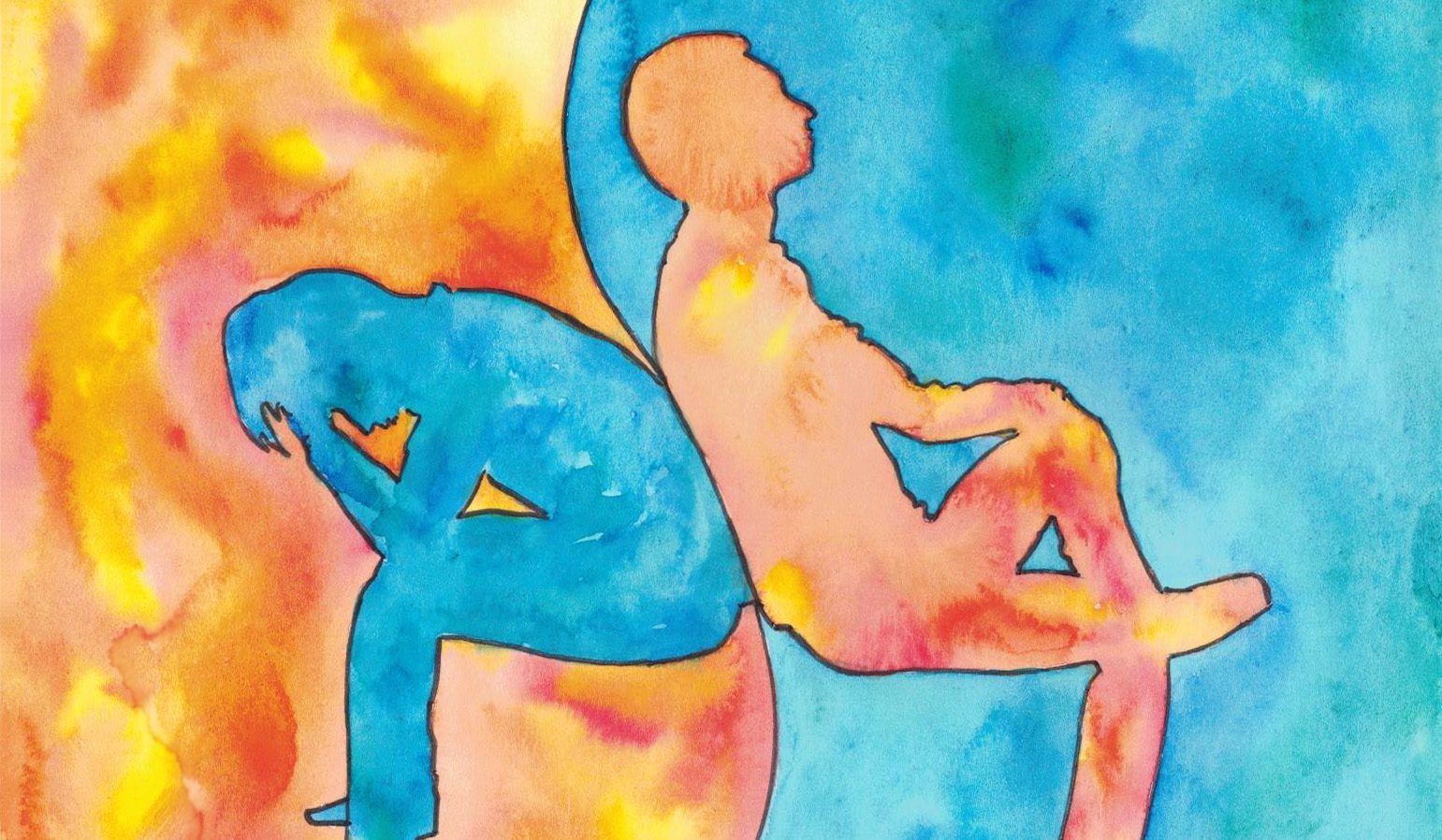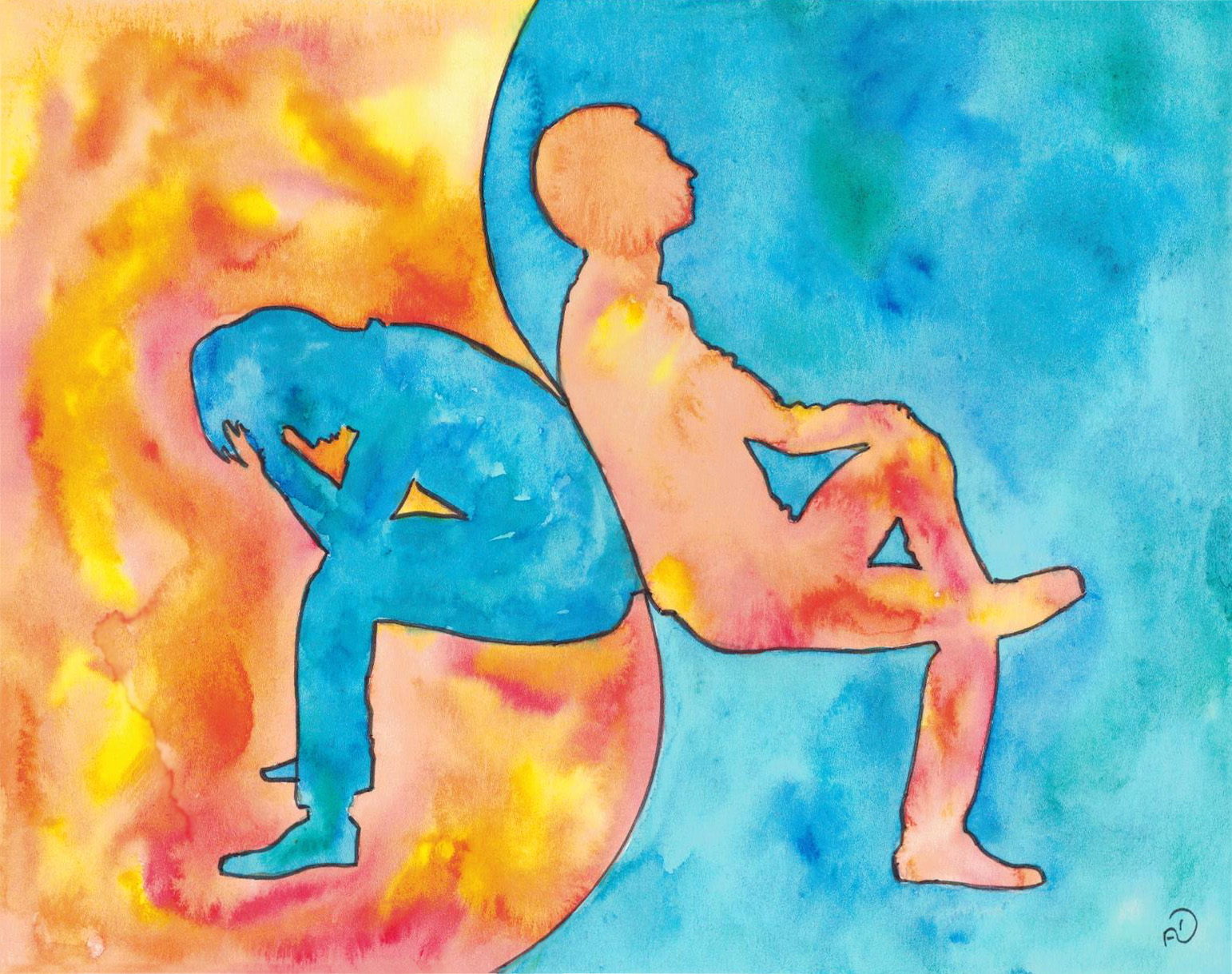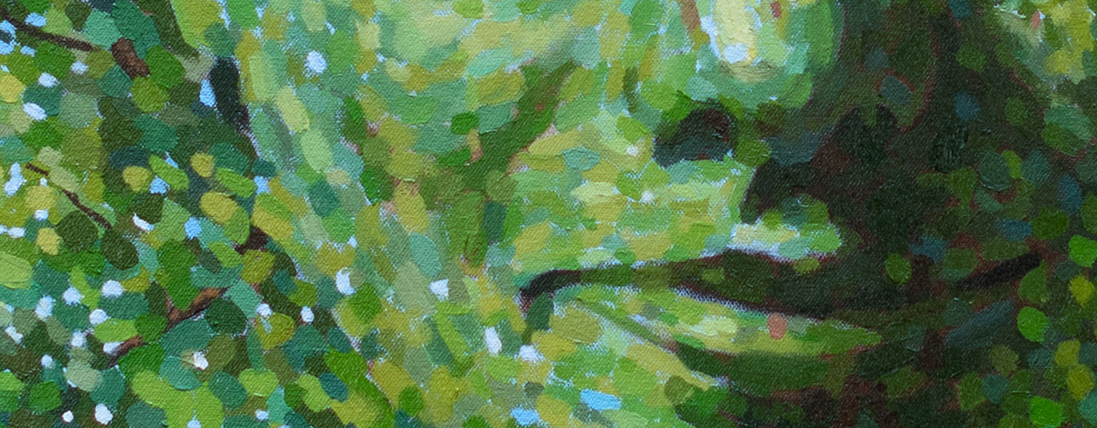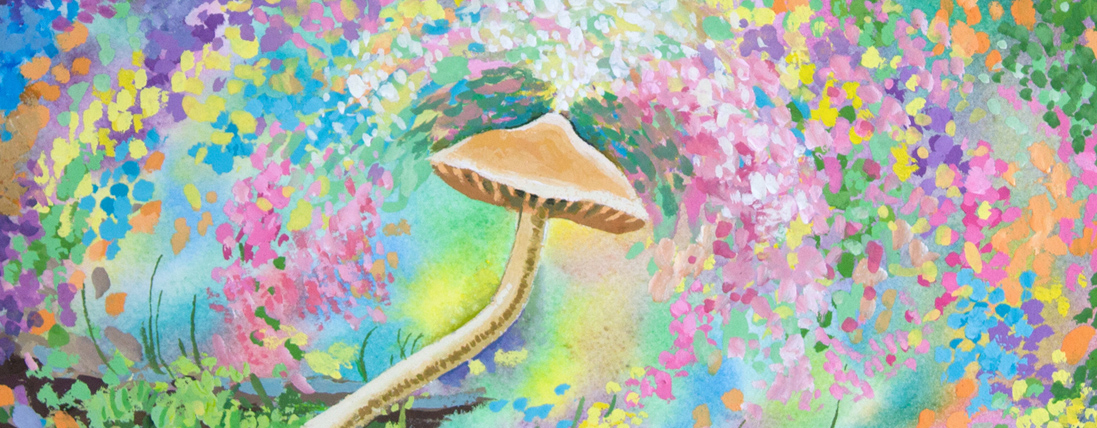

How one can be diametrically opposed to the other
The information age — with its endless sharing and social updates — keeps pushing our minds to over-saturation. The ever-growing stream of seemingly meaningful social interactions we witness while sitting alone in front of screens deeply influences our thinking patterns. Psychological research from the last few years reveals that the “loneliness crisis” in western countries has reached epidemic proportions. However, I would argue, “being alone” and “being lonely” can be two diametrically opposed states of mind when it comes to well-being.
Being alone is the simple objective fact of not being in the presence of anyone else. Being lonely, on the other hand, is a feeling. It is a spiral of thoughts about one’s situation. As most of us know, it is not uncommon to feel lonely in a room full of people or in a crowded marketplace. That’s because loneliness is a by-product of boredom. Our minds crave external stimulus. Yet, we often fail to appreciate the magnitude of external stimuli we can get from another human being. The spectacle of facial expressions, voice variations, physical touches, posture changes, hormonal emanations and conversation subjects is the most delicious buffet for a restless mind. Thus, human interactions are extremely powerful and a lasting absence of them can lead the mind down the drain of loneliness.
Nonetheless, as I mentioned earlier, loneliness is a by-product of boredom, which, in turn, is the state of not being focused on the present moment. Any time our minds are truly focused on a current task, they cannot engage in the whirlwind of loneliness-generating thoughts. When we are unfocused, we tend to seek a distraction to mask the uncomfortable feeling. In the best case, we turn to movies, Netflix series and tasty foods. In the worst case, we start consuming all kinds of destructive substances. Paradoxically, we also turn towards social media and we exacerbate any oncoming feeling of isolation.
As we dive into the black hole of lonely feelings without noticing (which is how it always happens) we become anxious. Anxiety breeds neediness. We think the absence of people around us is the problem. We start yearning for any social interaction. We lower our standards, we start tolerating negative people and we push away positive people with our internal depravity. Ultimately, the uncontrolled takeover of the mind by lonely feelings drags us to a dark place.
The alternative is to treat time spent alone as an opportunity for growth. Indeed, if every solitary second is filled with learning, creation and self-improvement, loneliness will remain in the catacombs of the mind (where it belongs!). What’s more, when we work on ourselves in our lone moments, we bring more to the table during social interactions. We can speak about interesting concepts we learned; we can show the projects we are working on; we can project confidence with the posture we perfected at the gym and we can lighten up our guests with the state of mind we cultivated through meditation. Eventually, people notice and they want to spend more time with us voluntarily.
At the end of the day, we have the power to choose not to feel loneliness or at least not to pay attention to it. Time well spent by oneself is never lonely. Actually, it is a prerequisite for meaningful social interactions. Being happy alone leads to being happy together.



